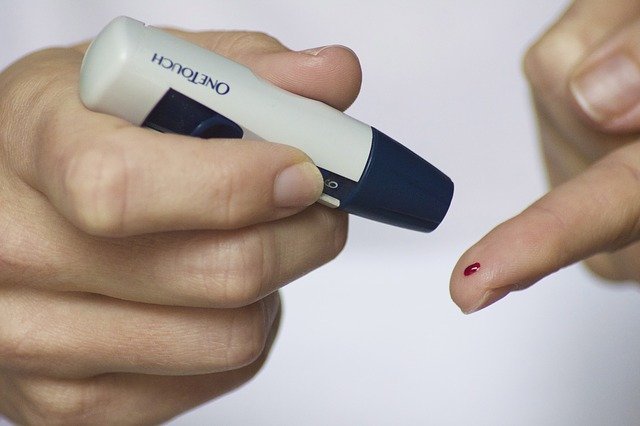In recent years, mental health awareness has made a name for itself on a variety of social and educational platforms. And it makes sense, considering 1 in 5 adults in the U.S. experience a mental illness, and nearly 1 in 25 adults in the U.S. live with a serious mental illness. Anxiety disorders, for instance, affect 40 million adults in the U.S. age 18 and older, making it the most common mental illness.
Though it gets thrown around rather loosely, anxiety is a serious disorder, and the world alone can be a trigger for people suffering from it. The issue with mental health, however, is that unlike a physical wound, you can’t technically see anxiety. This creates a stigma around subjects concerning anxiety and other mental disorders, as people not suffering from them, and who cannot relate, believe people are making up their ailments for attention, among other things. This is why, in a nutshell, awareness is incredibly important.
If you suffer from anxiety, you may likely attest to the fact that simple acknowledgement that your anxiety is a real condition from those who don’t suffer from it goes a long way, and connections with other sufferers about the disorder are extremely helpful in making you feel valid, not alone.
With that said, here are five behaviors an anxious person can likely relate to that others should know about in order to be sensitive and helpful. Hopefully, skeptics will get a little more insight regarding the disorder, and sufferers will feel a bit more warranted and relieved knowing they are certainly not the only ones feeling the affects.
1. You may look calm, but that doesn’t mean you are
As an anxiety sufferer, you can be really stealth about your disorder. You’re great at putting a smile on, laughing on que, and keeping up a meaningful conversation. This is called high functioning anxiety. You would rather work internally to subside the thoughts and feelings you are dealing with, and so, while your heart is beating uncontrollably and your palms begin to sweat, you remain calm and cool in viewers’ eyes.
2. You have tiny habits that you just can’t break
When you’re experiencing anxiety, all you want to do is get rid of it. This is where the habits kick in. You try to give your tension a home by biting your nails. You try to breathe deeper and more intentionally by initiating sighs and long yawns. You become restless and fidgety and start cleaning, cooking, talking about something to someone out of nowhere just to distract yourself.
3. Something about picking up the phone sets you off
The phone is ringing in your hand, but you can’t seem to pick it up. Then, a voicemail pops up, and you want nothing to do with it, putting your phone down and walking away. Sometimes interaction is too intense for you. You feel put on the spot to talk, to listen. Though it’s a miniscule task, sometimes it is petrifying.
4. You personalize everything
You could overhear a friend having a heated conversation on the phone, or the yoga instructor at your studio talking about a student who didn’t pay, and suddenly, no matter if you know you have done nothing wrong, you become incredibly worried that these people are referring to you. What did you do? How do you not know? Your mind begins racing, and suddenly it feels like everyone is out to get you.
5. You cancel plans, no matter how much you were looking forward to them
Others call you flaky, or even accuse you of blowing them off, but what they don’t know is that anxiety can, out of nowhere, happen. And when it does? It can be incredibly debilitating. No matter how much you wanted to go to dinner, the movies, their birthday party, that overwhelming sense of panic, fear, and fatigue causes you to cancel, even at a moment’s notice.
References:
https://www.nimh.nih.gov/health/statistics/prevalence/any-anxiety-disorder-among-adults.shtml
http://www.thekimfoundation.org/blog/2016/04/13/15-mental-health-facts/






